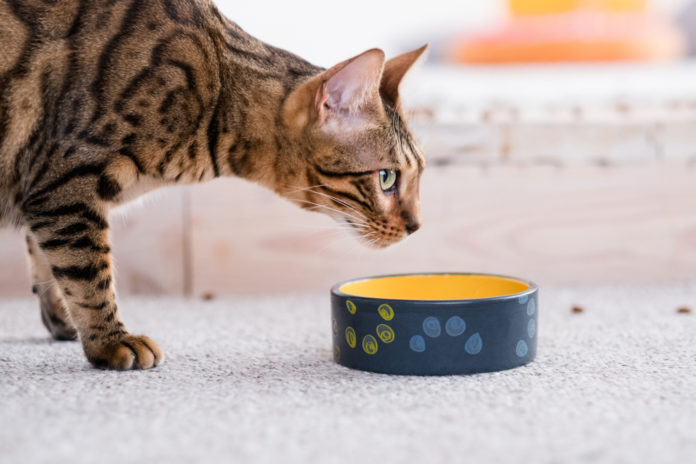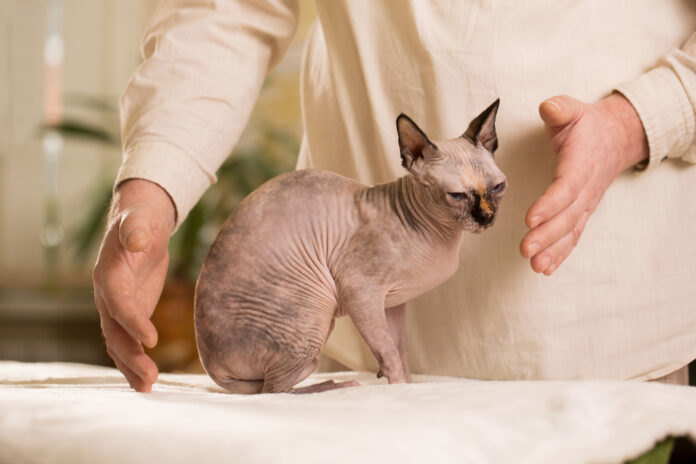What you need to know about natural prebiotics for cats

Uncovering what you need to know about prebiotics, including which ones may be best for your cat and why they need them in the first place.
There are many factors that come into play when you consider the health and wellbeing of your cat. An optimal diet full of high-quality food, plenty of exercise, and of course love and affection are just the start. You also want to keep an eye on other issues, including their digestion. Prebiotics for cats are important because they aid in the overall digestive process and ensure that your pet doesn’t develop digestive complications due to stress, an unhealthy diet, or anything else. Finding the right prebiotic that is safe and effective is important if you want to make sure your cat’s needs are being met fully.
What is a prebiotic?
A prebiotic is anything that aids gut bacteria with the intent for improved digestion. Digestion relies on a complex process and symbiotic relationship with various bacteria. The digestive tract is littered with an array of different bacteria species that help break down the food your cat eats and helps ingest nutrients. Bacteria is a defense mechanism of the body, that fights off foreign bacteria during the digestive process as well.
While these bacteria are not technically a part of the body, cats (and most animals) would not be able to survive without them. Each species has a different digestive microbiome that relies on a delicate interplay between their cells and various bacterial species.
These bacteria require their own food or fuel to grow and reproduce. They aren’t supported by everything that your cat eats and require specific nutrients to stay healthy and flourishing. Certain nutrients or foods will promote a healthy gut microbiome, while other substances such as chemical additives may harm or deplete these bacteria. A prebiotic is optimized food specifically for these bacteria so that they stay healthy and can continue to aid in the digestive process. Without them, digestive complications can arise such as gas, cramps, constipation, diarrhea, and poor nutrient absorption.
Why do cats need prebiotics?
Prebiotics for cats are important because despite how much attention we pay to our pet’s diet, we may not be giving them everything they need to prevent digestive issues from arising. This is because we aren’t always able to provide our pets with the exact nutrients that they would be getting in a natural environment. When it comes to the exact mix of nutrients and herbs that a cat would have access to in the wild, a lot of pet food falls short.
Digestive complications in domestic cats are quite common, especially in old age, and the symptoms can range in severity from barely noticeable to debilitating. Prebiotics can help “fill in the gaps” of your cat’s diet by providing them with beneficial plant-based nutrients that they may not be receiving in their diet. This in turn feeds their gut microbiome and may alleviate the symptoms of various digestive problems such as gas and diarrhea.
Herbal prebiotics are also effective because there is very little risk of any issues or side effects from administering them. They are merely formulated to help support gut bacteria and nothing more, which means that your cat would no doubt benefit from them even if they are not showing any hard signs of digestive upset. Prebiotics for cats can be used on a regular basis as part of your pet’s wellness routine to maintain healthy digestion and stay strong and regular throughout her life!




